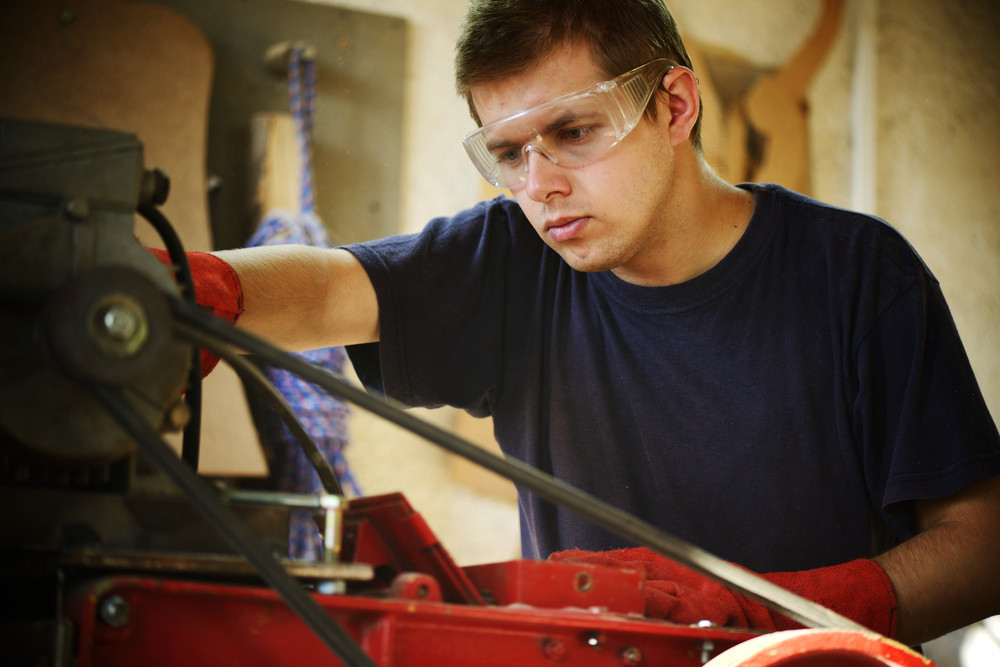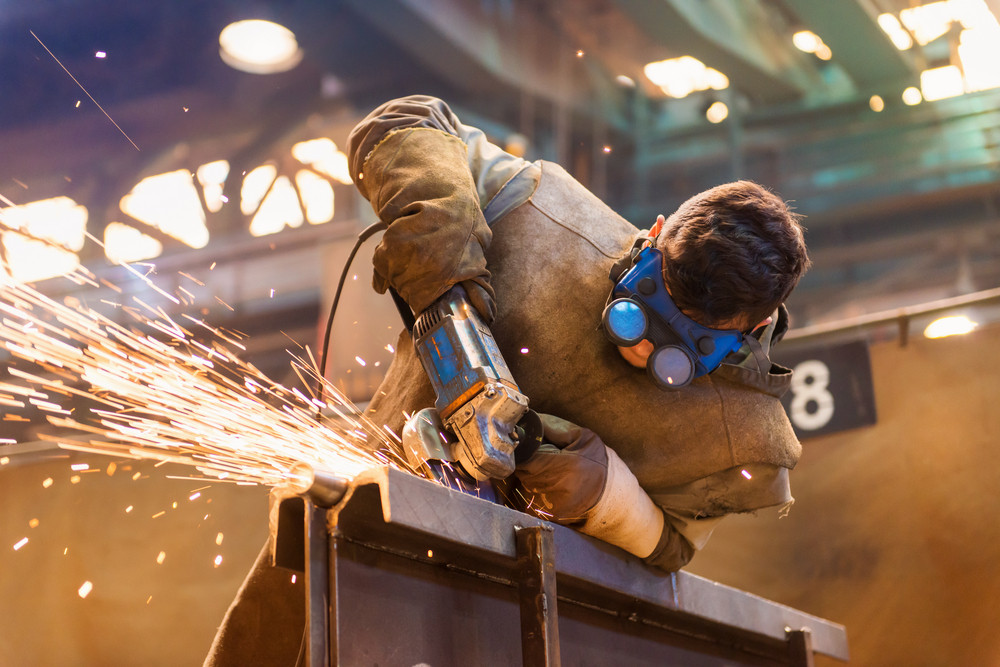CNC machining is a versatile, state-of-the-art manufacturing process for prototypes and end-use products. The technology for computer numerical control or CNC dates back to the 1940s, when the first numerical control (NC) emerged. The early machinery utilized a punching tape that was common in telecommunications. These systems were replaced by analog computing technologies before automated systems set in.
The perspective of rapid prototyping has changed over the years, with CAD designers attempting to keep up with the changes within CNC machining and other prototyping technologies. As such, CNC machining design errors are common. Here are five design mistakes that you should avoid when working with a local machine shop:
1. Overcomplicating the Design
Unnecessary design features can complicate your CNC machining process. Not all features produced from a CAD template may be ideal for the CNC machine process. As a designer, you may need to aim for the fewest cutting and milling requirements to minimize the overall cost of producing your product. The introduction of small pockets and unnecessary aesthetic features can complicate the precision manufacturing process requiring multiple setups by the CNC machining specialists.
2. Requesting Detailed Texts
The CNC mills at our native-owned machine shop are perfectly capable of engraving text, logos, or symbols onto your prototype product. The result of the precision manufacturing process can be eye-pleasing. However, the process may take longer, wasting colossal amounts of time and funds. Detailed engravings or raised texts can significantly spike your prototyping budget. You can utilize alternative processes such as laser marking to work out your aesthetic detailing.
3. Failing to Factor in The Width to Height Ratio
Most product designers wish to have the lightest product in the market, often coming up with thin prototype designs. Your workpiece properties are key aspects that may affect the outcome of the process alongside CNC machining expertise. Extremely thin walls may snap off or distort the machining process. The increased vibration and lowered stiffness may also impact the accuracy at the thin-walled section. Maintaining appropriate wall height to thickness ratio as well as wall height to length ratio can help stabilize your workpiece under the CNC mills.
4. Switching Up Prototyping Processes
Prototyping technologies are rapidly evolving, availing product designers with a range of options to actualize their designs. Most research and design teams often incorporate multiple technologies from their early prototyping to end-product manufacturing. However, most designers often fail to adequately plan for the transitions through the different design stages. This results in challenges of trying to tweak the CNC mills to match the early product design made through a 3D printer.
5. Incorporating Deep Cavities
A full-service CNC machine shop may have different mills with various head drill bits. The cutting edges are of finite length, limiting the depths to which accurate cavities can be achieved. Deeper cavities may have our minority-owned machine shop creating adjustments to accommodate the pockets of space required to avoid damaging the product edges. This may result in an expensive prototyping and end-product manufacturing process.
CNC machining boasts of precision manufacturing that appeals to most research and design teams. However, design errors by your CAD team can result in a mismatch with the CNC machine settings that can create a setback for your product development. To discuss more about your project and mistakes to avoid, contact Dexter Design.






